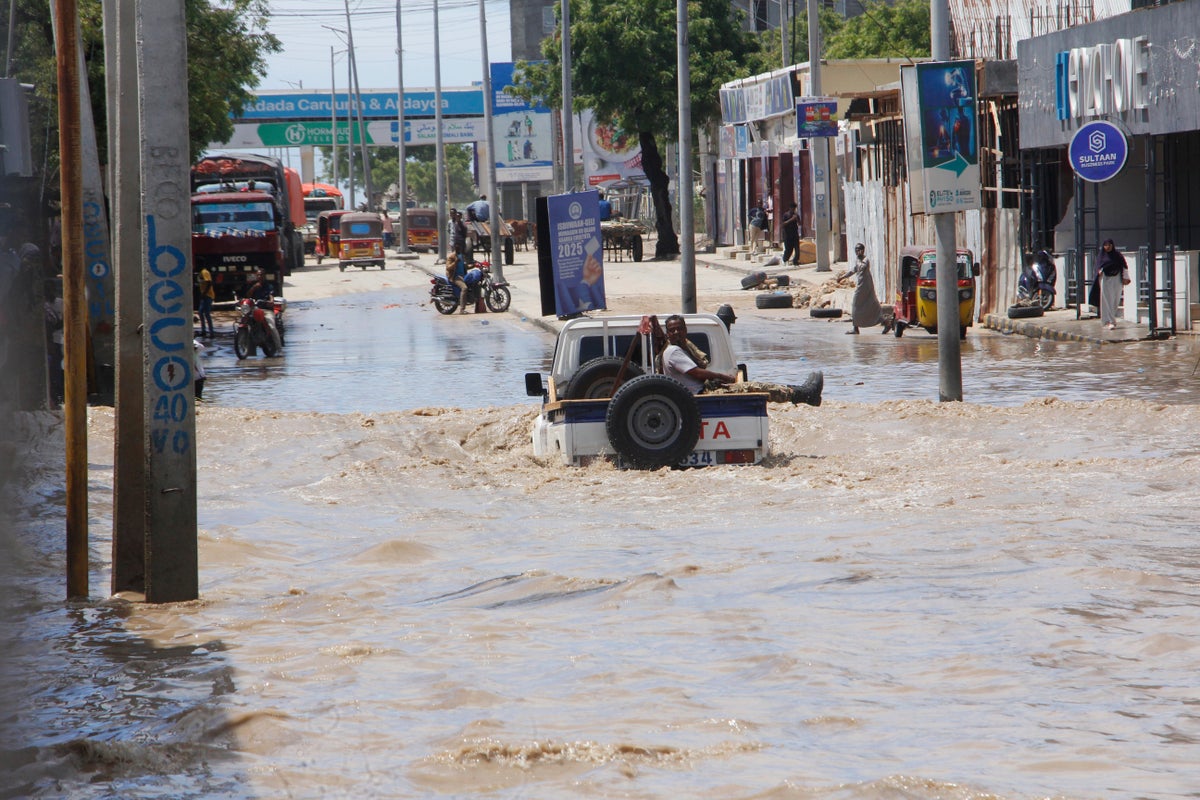ARTICLE AD BOX
An out-of-control Russian spacecraft has probably plummeted to Earth, experts say.
In recent weeks, the spacecraft known as Kosmos-482 has been making an uncontrolled approach towards Earth. Experts have been tracking it since – though noted that it was very unlikely that it would land over a populated era.
Now, the European Space Agency and others say the spacecraft has most likely hit the Earth. It was not spotted on its most recent pass over radar in Germany, the agency said, and predictions based on its orbit and previous location suggest that it would probably have already fallen to Earth.
But it remains unclear when and where exactly it dropped down.
The spacecraft was originally made to land on Venus, and was built to survive the extreme atmosphere there.

But it was hit by technical problems during its launch, and got stuck in orbit around Earth. For the 53 years since, it has been floating around our planet until its orbit collided with the Earth.
Since the spacecraft was made to land on the hot and high-pressure planet of Venus, experts have speculated that it could have survived the descent through Earth’s atmosphere, rather than breaking up like many other uncontrolled descents.
But experts said it was likely to come down over water, covering most of the world, or a desolate region.
The odds of it slamming into a populated area are "infinitesimally small", said University of Colorado Boulder scientist Marcin Pilinski.
"While we can anticipate that most of this object will not burn up in the atmosphere during re-entry, it may be severely damaged on impact," Mr Pilinski said.
By Friday, all indications pointed to a re-entry early on Saturday morning, US Eastern Time, give or take several hours.
While space debris trackers around the world converged in their forecasts, it was still too soon to know exactly when and where the spacecraft known as Kosmos 482 would come down.
That uncertainty was due to potential solar activity and the spacecraft's old condition.
Its parachutes were expected to be useless by now and its batteries long dead.
Dutch scientist Marco Langbroek estimated the impact speed at 150mph if the spacecraft remains intact.
The Soviets launched Kosmos 482 in 1972, intending to send it to Venus to join other spacecraft in their Venera programme.
But a rocket malfunction left this one stuck in orbit around Earth.
Gravity kept tugging on it and was expected to finally cause its doom.
Spherical in shape, the spacecraft - 3ft (one metre) across and packing more than 1,000lbs (495kg) - will be the last piece of Kosmos 482 to fall from the sky.
All the other parts plummeted within a decade.
Any surviving wreckage will belong to Russia under a United Nations treaty.
Additional reporting by agencies









 English (US) ·
English (US) ·